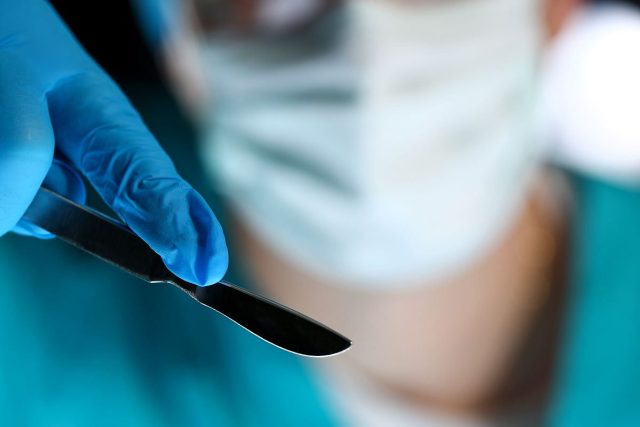One-time surgical application of prademagene zamikeracel improves wound healing and pain
By Elana Gotkine HealthDay Reporter
WEDNESDAY, June 25, 2025 (HealthDay News) — For patients with recessive dystrophic epidermolysis bullosa (RDEB), a one-time surgical application of prademagene zamikeracel, an autologous COL7A1 gene-modified cellular sheet that is sutured onto a large, chronic RDEB wound, improves wound healing and pain versus standard of care, according to a study published online June 23 in The Lancet.
Jean Y. Tang, M.D., Ph.D., from the Stanford University School of Medicine in California, and colleagues conducted a randomized open-label, phase 3 trial conducted at two institutions to examine the efficacy and safety of a one-time surgical application of prademagene zamikeracel in wound healing. Eligible patients were aged 6 years or older, with a confirmed clinical and genetic diagnosis of RDEB, and at least two chronic wounds. Large chronic wounds on participants were matched in pairs and randomly assigned to treatment with prademagene zamikeracel or control (standard of care).
Eleven patients were enrolled, with 43 randomized wound pairs. The researchers found that at week 24, 81 and 16 percent of the treated and control wounds, respectively, were at least 50 percent healed from baseline (mean difference, 67 percent). From baseline to week 24, the mean change in wound pain was −3.07 and −0.90 in those receiving prademagene zamikeracel and controls, respectively (mean pairwise difference, −2.23). There were no serious treatment-related adverse events reported.
“With our novel gene therapy technique, we successfully treated the hardest-to-heal wounds, which were usually also the most painful ones for these patients,” Tang said in a statement.
Several authors disclosed ties to biopharmaceutical companies, including Abeona Therapeutics, which funded the study. The patent for prademagene zamikeracel is licensed to Abeona.
Editorial (subscription or payment may be required)
Copyright © 2025 HealthDay. All rights reserved.



















